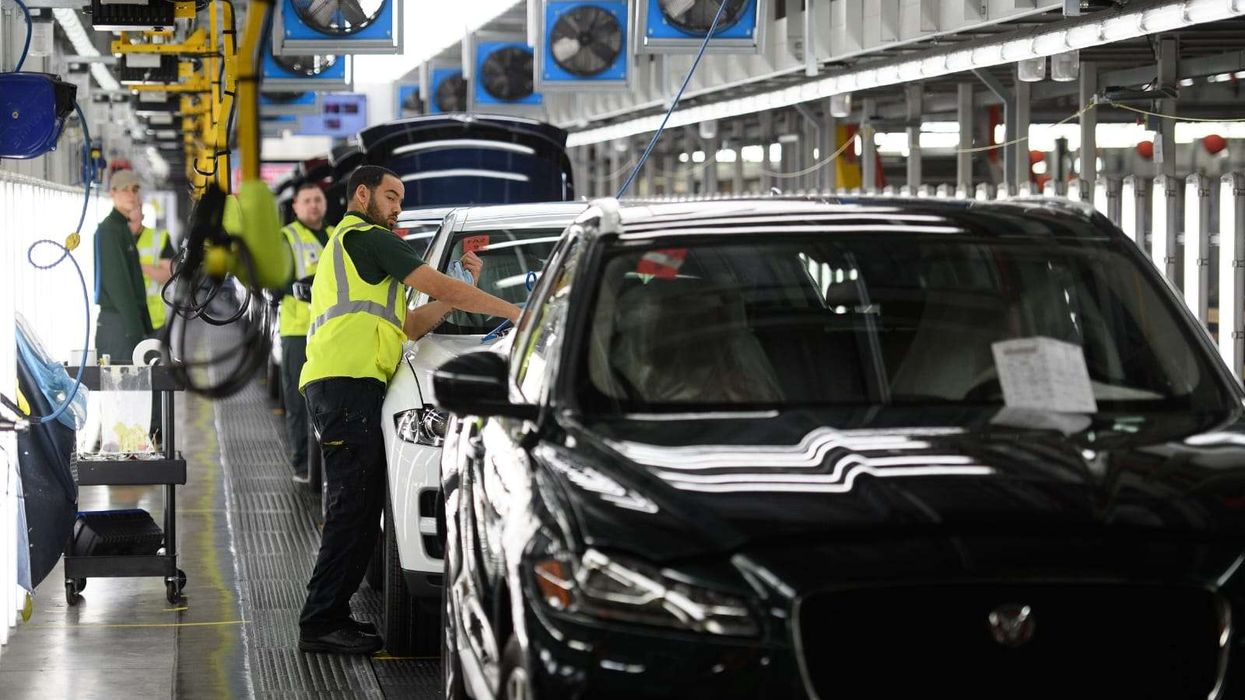India's government promised hundreds of billions of dollars to develop poor rural areas and help struggling farmers in its annual budget Thursday, looking to win over voters ahead of the next general election.
Finance Minister Arun Jaitley said the government would spend $220 billion on rural infrastructure, including building new roads and toilets and bringing electricity to millions of rural households.
Jaitley also announced a national healthcare scheme that will enable half a billion poor Indians to access up to 500,000 rupees ($7,855) a year for treatment, a key step in a country where many people have little access to affordable medical care.
But small businesses and the rural economy were the main focus of the right-wing Bharatiya Janata Party (BJP) government's last full-year budget before national elections due by May 2019.
"While making the proposals in this year's budget, we have been guided by our mission to especially strengthen agriculture, rural development, health, education, employment, MSME (micro, small and medium-sized enterprises) and infrastructure sectors of the Indian economy," Jaitley told parliament as he summed up the budget.
"I am sure the new India which we aspire to create now will emerge."
The majority of India's 1.25 billion population lives in the countryside, and winning rural voters is key to election victory in the world's largest democracy.
The government promised in the previous budget to double farmer incomes in the next five years and bring 10 million households out of poverty by 2019.
But many still live and work in near penury at the mercy of loan sharks and a harsh climate, and rural disaffection has stoked protests and a rise in farmer suicides in recent years.
Access to water is particularly problematic in India, where less than half of all agricultural land is irrigated.
- World's largest healthcare programme -
"The budget was expected to be pro-farmer as agrarian distress was rising and there has been a widespread outcry over the crop slowdown from the farming community across India," said Sujan Hajra, chief economist at Anand Rathi Securities.
"The government's increased spending will augur well for the rural economy and boost growth and employment, which is crucial in changing public sentiment."
Jaitley also cut corporate tax on small and medium-sized businesses, a move he said would enable them to reinvest more of their profits and create much-needed jobs.
And he said the government would help some states subsidise machinery for farmers to destroy crop stubble to deter burning after the harvest.
The burn-off in the northern farming states of Haryana and Punjab last year caused pollution across the region to spike at levels considered hazardous to health for weeks on end.
Announcing the healthcare scheme, Jaitley said India would be unable to realise the demographic dividend of its burgeoning youth population without healthy citizens.
"This will be the world's largest government-funded healthcare programme," he said.
India lacks sufficient doctors for its huge population, and state-run hospitals are stretched to breaking point.
On education, Jaitley said India had succeeded in getting more children into schools, but that the quality of teaching needed to improve.
"Technology will be the biggest driver in improving the quality of education," he said.
Analysts said the budget shortfall of 3.5 percent in the fiscal year 2017/8 was in line with expectations. Next year's target has been set lower, at 3.3 percent.
India's economic growth slumped to 5.7 percent in the first quarter of the current financial year -- the lowest in three years -- but has since bounced back.
The government estimates the economy will grow by 7.2-7.5 percent in the second half of the current fiscal year and has said the country is on track to achieve growth of eight percent "soon".
The Bombay Stock Exchange's benchmark Sensex index fell 0.46 percent or 165.52 points on the budget announcement.











